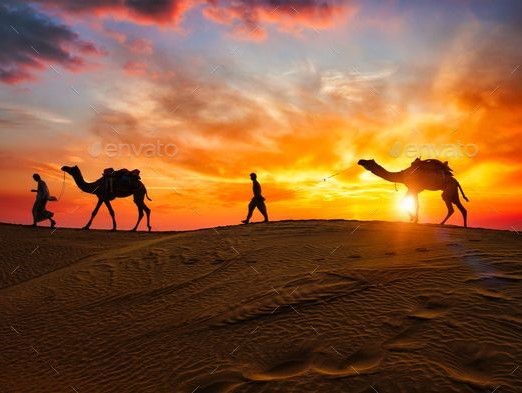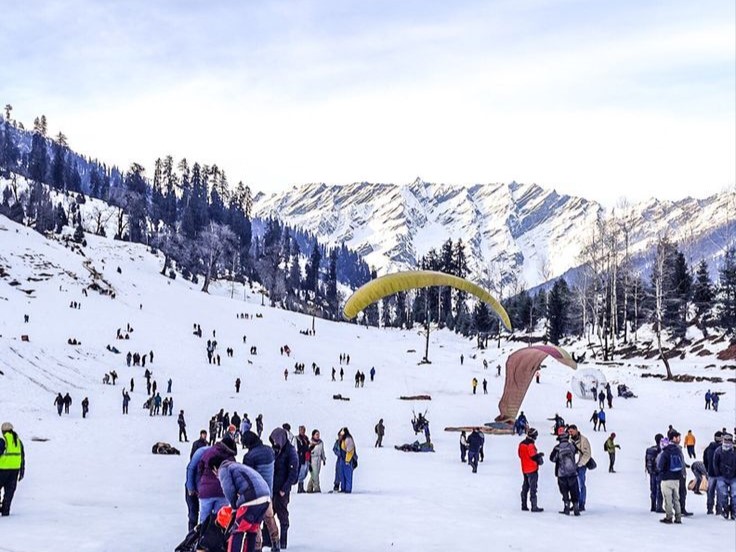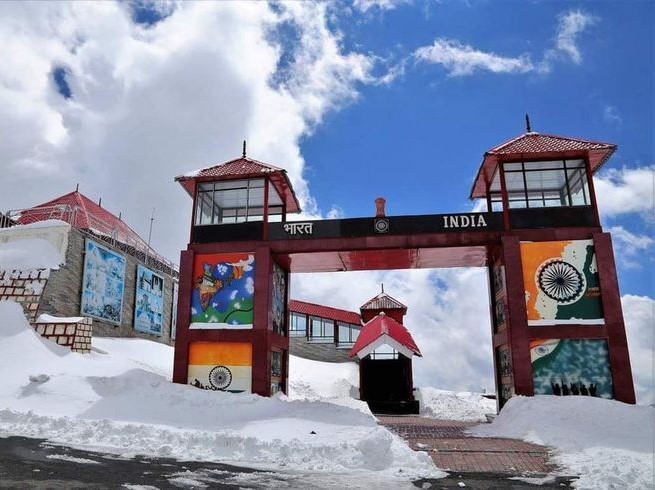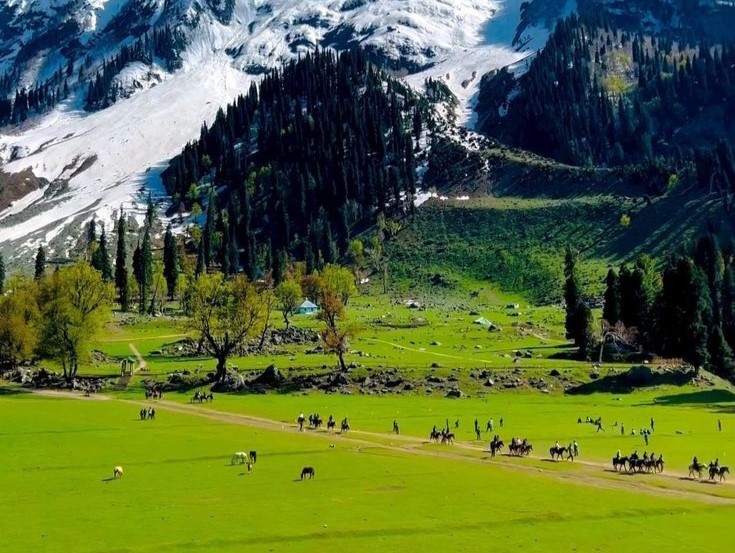



Mount Abu
Location – Rajasthan, India
Sightseeing Highlights – Nakki Lake, Toad Rock, Dilwara Temples and many more
Nearest Airport – Udaipur Airport
Nearest Railway Station – Abu Road Railway Station
Our Package Duration – On Demand
Ideal Duration to visit: 1 – 2 days
Best Time to Visit: October to March
Weather: Pleasant climate
Mount Abu, the sole hill station in the desert state of Rajasthan, India, offers a refreshing escape from the arid surroundings of the region.
Nestled in the Aravalli Range, it is an oasis of greenery and tranquillity amidst the otherwise rugged landscape. The hill station’s pleasant climate, characterised by cooler temperatures and lush foliage, starkly contrasts the surrounding desert.
Mount Abu is renowned for its picturesque views, serene lakes, and architectural marvels, including the exquisite Dilwara Temples, celebrated for their intricate marble carvings. The Nakki Lake, a focal point for tourists, is surrounded by scenic beauty and offers opportunities for boating and relaxation.
The town’s vibrant cultural scene is reflected in its various festivals and local traditions. Additionally, the vibrant markets and local cuisine contribute to a rich, immersive experience. As a popular destination for both domestic and international tourists, Mount Abu seamlessly blends natural beauty with historical and cultural significance, making it a unique and cherished destination in India.
Mount Abu, located in Rajasthan, India, experiences a diverse range of weather conditions due to its elevated position in the Aravalli Range. Here’s a general overview:
Summer (March to June): Daytime temperatures can range from 25°C to 35°C (77°F to 95°F). While cooler than most parts of Rajasthan, it can still be quite warm. Nights are pleasant, with temperatures often dropping to 15°C to 20°C (59°F to 68°F).
Monsoon (July to September): Mount Abu receives moderate to heavy rainfall during the monsoon season, which helps maintain its lush greenery. Average rainfall is around 700 to 1,000 mm (27 to 39 inches). The temperatures during this period range from 20°C to 30°C (68°F to 86°F), and the weather is generally humid.
Autumn (October to November): This is one of the most pleasant times to visit, with temperatures ranging from 15°C to 30°C (59°F to 86°F). The weather is cool and comfortable, making it ideal for outdoor activities.
Winter (December to February): Winters in Mount Abu are quite cool and can be chilly, with daytime temperatures ranging from 10°C to 20°C (50°F to 68°F) and nighttime temperatures sometimes dropping below 5°C (41°F). It can be cold, especially in the early mornings and late evenings.
Overall, Mount Abu’s weather is relatively moderate compared to the rest of Rajasthan, making it a favored destination year-round.
Mount Abu, while situated in the desert state of Rajasthan, boasts a unique cultural and culinary landscape that reflects both its local traditions and its status as a popular tourist destination. Here’s an overview of its culture and cuisine:
Culture of Mount Abu
- Historical Significance: Mount Abu is rich in history, with influences from various dynasties and cultures. The Dilwara Temples, with their intricate marble carvings, and the Achalgarh Fort are key cultural landmarks that reflect the region’s architectural and religious heritage.
- Festivals and Traditions: The town celebrates traditional Rajasthani festivals with great enthusiasm. The Summer Festival, held annually in June, is a vibrant event featuring folk dances, music, and cultural performances that showcase the region’s artistic traditions. Diwali and Holi are also celebrated with typical Rajasthani fervor.
- Local Handicrafts: Mount Abu is known for its handicrafts, including traditional Rajasthani textiles, pottery, and jewelry. Local markets often feature handmade items such as embroidered garments and intricate wooden carvings.
- Spiritual and Artistic Influence: The presence of various temples and religious sites contributes to a spiritual atmosphere. The town’s blend of spiritual and artistic influences creates a unique cultural fabric.
Cuisine of Mount Abu
- Rajasthani Delicacies: The cuisine in Mount Abu reflects traditional Rajasthani flavors, characterized by bold spices and rich dishes. Popular items include dal baati churma (a combination of lentil soup, baked wheat balls, and a sweet crumble), gatte ki sabzi (gram flour dumplings in a spicy curry), and ker sangri (a dish made with desert beans and berries).
- Street Food: Local street food is a treat for visitors, offering items such as pani puri, kachori, and samosa. These snacks are enjoyed for their bold flavors and are popular among both locals and tourists.
- Sweet Treats: Rajasthani sweets like ghewar (a honeycomb-shaped dessert) and jalebi (sweet, deep-fried spirals) are commonly available and enjoyed for their rich, sugary taste.
- Beverages: Traditional drinks such as lassi (a yogurt-based drink) and chaach (buttermilk) are commonly consumed, especially during the hot summer months.
Mount Abu’s cultural and culinary offerings provide a rich, immersive experience for visitors, blending the charm of Rajasthani heritage with the distinctive attributes of this hill station.
Fill the inquiry form for the full itinerary and personally customized package.



